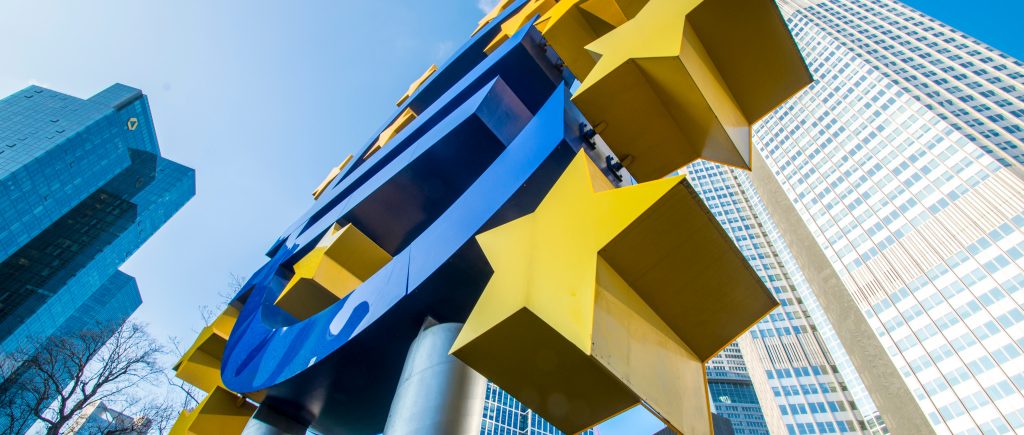Positive data from the Eurozone showed a growth in the GDP in the first reading of the second quarter at 0.6%, and a slowdown in inflation to levels of 5.3% in July.
The Eurozone has been battling high inflation for the past year, which has prompted the European Central Bank to undergo a full year of consecutive interest rate hikes in an effort to bring prices down.
Last week, the central bank raised interest rates by a quarter of a percentage point again, bringing the main interest rate to 3.75%.
Previously, energy prices weighed heavily on prices in the Eurozone, but in recent months, food prices have contributed the most to inflation.
In the second quarter of 2023, GDP growth for the euro area slowed down year-on-year, to 0.6%, compared to expectations of a slowdown to 0.5%.
The inflation figures come on the back of previously moribund growth, with a contraction in the first quarter of this year on a quarterly basis. However, a statement showed that growth accelerated in the second quarter, expanding by 0.3% on a quarterly basis, above the 0.2% level that analysts had expected.
 Noor Trends News, Technical Analysis, Educational Tools and Recommendations
Noor Trends News, Technical Analysis, Educational Tools and Recommendations





